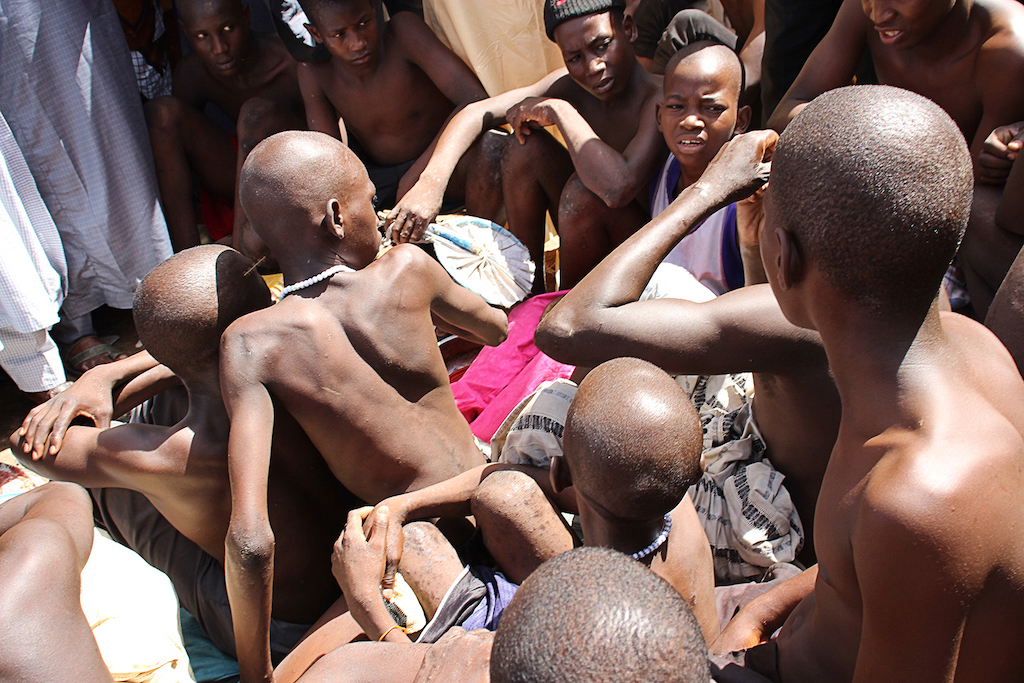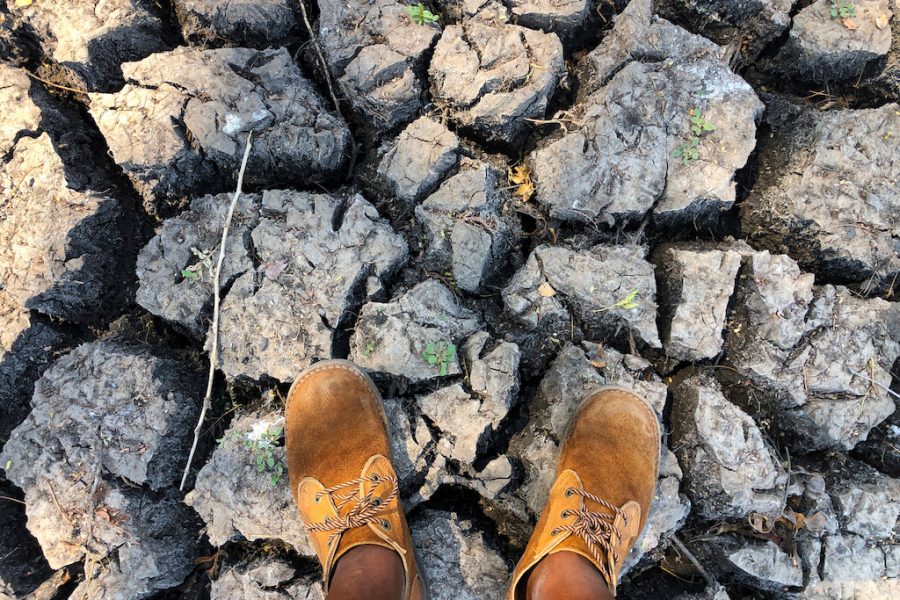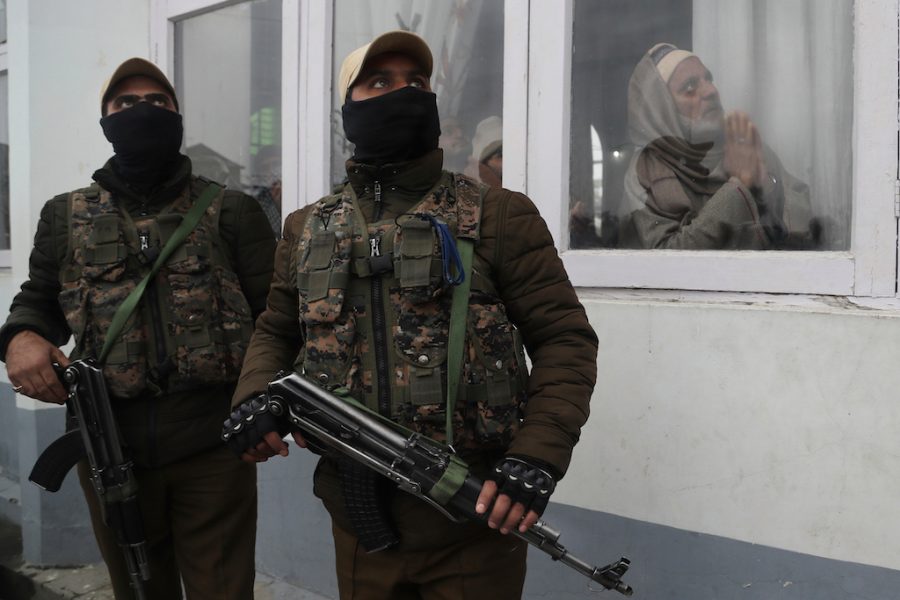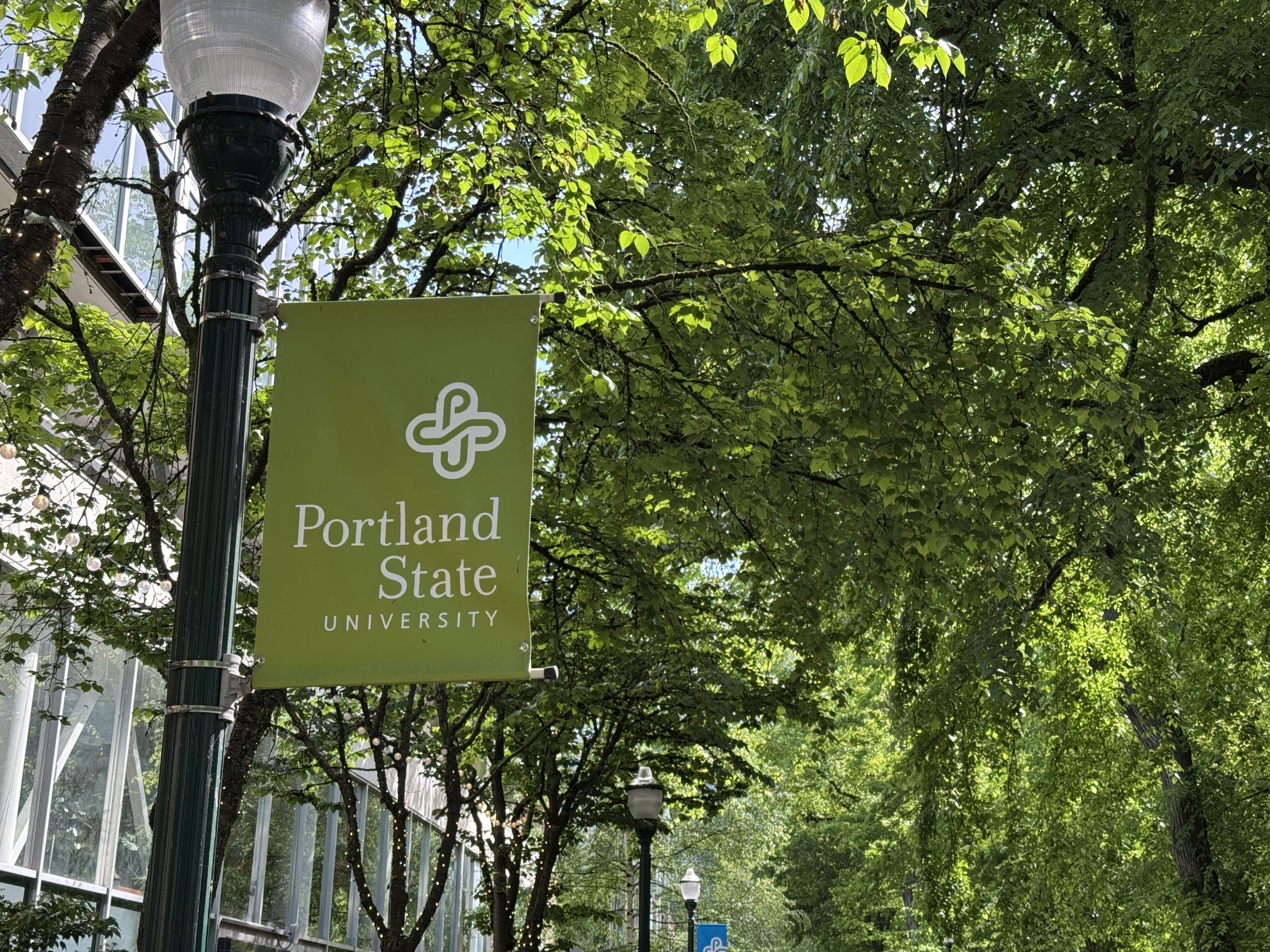Nigerian authorities began conducting raids on Islamic schools, known as almajiri schools, throughout the country and have freed over 1,500 boys and young men who suffered abuse.
Authorities said these children suffered physical beatings and sexual abuse during their time at the almajiri schools, and some were chained together in front courtyards. Police freed 147 students from one almajiri school in Kaduna and 259 from a school in Ibadan. Some report they were also denied food as punishment, according to Voice of America.
“Anytime we complain, they will punish us and curse our parents,” an unnamed student at the Daura almajiri school told Voice of America. “Your parents will bring food to you, they will not give it to you. They send you money, but they will not give it to you. When [your parents come to visit you, they will not allow them [to] see you. They will tell your parents that they are praying for you, and none of that is true. That is what we go through daily here.”
Almajiri schools are private Islamic schools teaching their students discipline, peace and humility. Due to a limited number of public, government-funded schools, almajiri enroll approximately 10 million students in Nigeria, according to Reuters.
“If today we decided to close all of the almajiri schools…there would be an educational crisis,” a spokesman for Abuja-based NGO Almajiri Child Rights Initiative, Mohammed Sabo Keana told Reuters.
Mallams, or Islamic scholars, are placed in charge of almajiri schools and maintain the respect of the Muslim community throughout Nigeria—especially in the northern areas—despite the abuse. Mallams claim they can help solve behavioral issues, drug addiction or mental illness in the students enrolled at their schools.
Reuters reported Burhani, 15, was released from a school in Daura where he suffered abuse for several months until authorities conducted the raid that freed him. Burhani’s father sent him to the camp to help solve his son’s behavioral issues.
Another parent sent his adult son to the same school in Daura to solve his drug addiction. The father paid $163 in registration fees and an additional $13.80 per month to enroll his son in the program. The average monthly income in Nigeria is $163, according to Reuters. The father also said he would return his son to the almajiri school if it had remained open, despite the abuse.
According to The Washington Post, children as young as 5 years old were found in chains at a school in Kaduna. Police Chief Ali Janga said the Kaduna school was a “house of torture.”
“They were just beating, abusing and punishing us everyday [in] the name of teaching us,” Lawal Ahmad, who was enrolled at the Kaduna almajiri school, told The Washington Post. “They are not teaching us for the sake of God.”
The Nigerian schools have faced international and national criticism for the abuse, but the Nigerian government has yet to announce any policy changes, according to The Washington Post.






